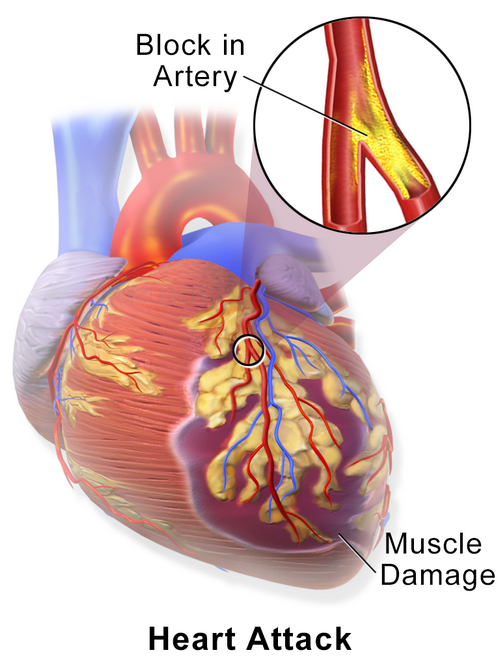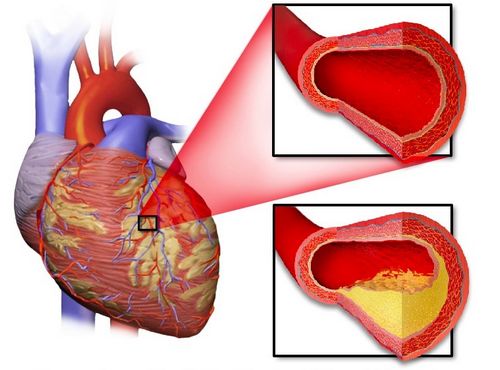
While selenium has long been used to prevent some forms of cancer, there’s little evidence to prove that this is as effective as claimed. To get the most out of your daily diet, it’s important to follow any diet plan your health care provider may suggest.
Selenium is naturally present in foods, and it’s present in very small amounts in some plants, like green leafy vegetables, spinach, and broccoli. The most common sources of selenide are eggs, soybeans, liver, beef, turkey, shellfish, nuts and seeds. A single egg contains about 20 mg of selenide, according to the USDA. However, these studies have not been conducted on other types of food.
As with most foods, the best source of selenide benefits are those that come from whole grains, nuts and seeds, as well as seafood, which may be low in selenide. Whole grain foods are lower in calories than refined grains, and they contain fewer calories per gram of protein. They also contain fewer calories per gram of carbohydrates and saturated fats.
Eggs, soybeans and liver are especially rich sources of selenide benefits, as are fresh greens. Green leafy vegetables and spinach are particularly high in selenide. Seafood may be high in selenide, too, but it may vary depending on where it originates, and how it was raised.
To get the most out of your daily dose of selenium, take a half teaspoon in the morning and a half teaspoon at night, as part of your diet. Take more if you smoke, have diabetes, or are overweight. Your doctor will likely recommend you take it twice a day, and most health providers suggest that pregnant women and people who have a history of thyroid disorders take a high dosage.
Other selenide benefits include preventing prostate and breast cancer. It may even help reduce the risk of developing Alzheimer’s disease.
While many experts say that vitamin C helps prevent the development of cancer, research on vitamin C and selenium isn’t conclusive. You may be healthier by taking a combination of both for the best results.
While selenide benefits are not conclusive, they are enough to encourage your doctor to tell you to take more of it every day.

If you’ve never taken selenium before, talk with your doctor about the benefits and risks of this vitamin.
Selenium and Vitamin E can help fight cancer, and some studies have suggested that combining the two may improve the body’s ability to fight disease. However, the effects of selenium and vitamin E on cancer are still being studied, and so is the amount and type of selenium recommended for someone with cancer.
When combined with vitamin C, selenium may help prevent the formation of cancer-causing cells in the body, according to studies. A study conducted at the University of Texas Medical School of Medicine in Houston showed that when mice were fed high doses of selenium and vitamin C, the mice had less tumor growth.
It is possible that selenium and vitamin E might prevent the cancer-causing ability of enzymes that break down DNA, researchers have shown. A study published in the Journal of Nutrition found that the vitamins may help slow down the development of cancers in laboratory animals, but more work needs to be done. In addition to cancer prevention, selenium may also be helpful in treating symptoms of diseases that involve the immune system, such as asthma and HIV.
It has also been shown to reduce the risks of heart disease. When doctors at the University of California at San Francisco tested elderly rats, they found that those that had low levels of the vitamin in their blood showed lower blood pressure and better heart function, as well as lower cholesterol and triglyceride levels.
In one study published in the Journal of Alternative and Complementary Medicine, selenium was shown to help prevent the development of blood clots in the legs, possibly by blocking the activity of blood clotting enzyme called homocysteine, which can form blood clots. It may also slow down the development of a hormone called prothrombin time, which is associated with heart attack.
Leave a Reply